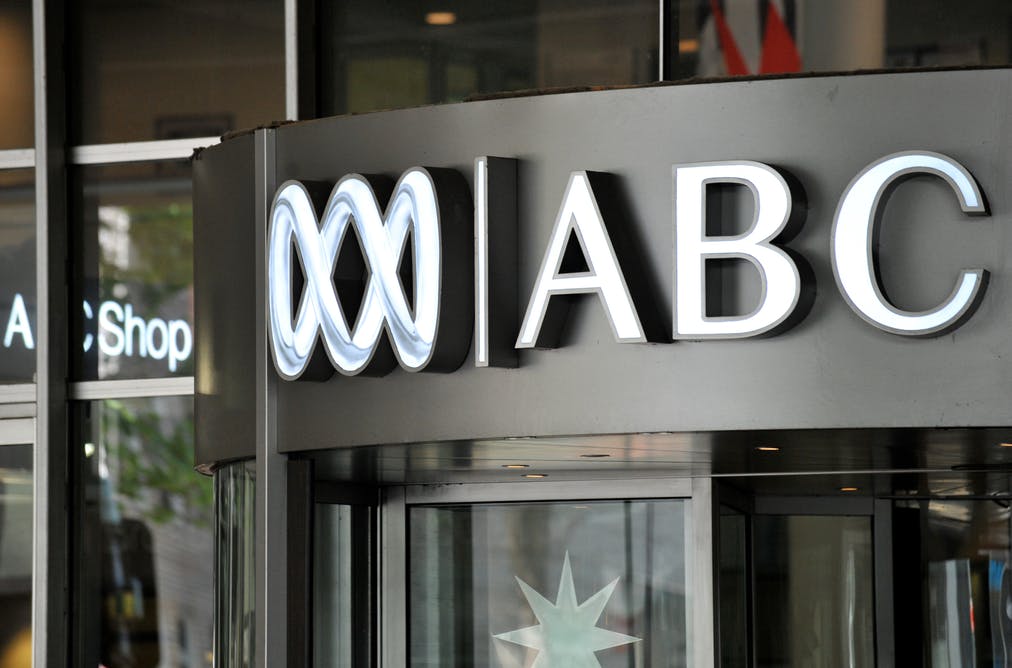
ANALYSIS: By Dr Johan Lidberg
MELBOURNE (Asia Pacific Report/The Conversation/Pacific Media Watch): Australia is a world leader in passing the most amendments to existing and new anti-terror and security laws in the liberal democratic world. Since September 11, 2001, it has passed 54 laws.
The latest suggested addition is the Turnbull government’s crackdown on foreign interference. The bill has been heavily criticised by Australian Lawyers for Human Rights, Human Rights Watch, and major media organisations for being too heavy-handed and far-reaching in the limits it would place on freedom of expression and several other civil liberties.
The government’s own intelligence watchdog, the Inspector-General of Intelligence and Security, argues the bill is so widely worded that its own staff could break the law for handling documents they need to access to do their job.
READ MORE: New foreign interference laws will compound risks to whistleblowers and journalists
A case in point is whether the ABC’s publication of confidential and secret cabinet documents would be in breach of the proposed bill. Two filing cabinets full of thousands of confidential cabinet documents were given to the ABC by a source who, astonishingly, had bought them for small change at an op-shop in Canberra.
The ABC made an assessment and chose to publish a very limited number of the documents it deemed in the public interest. The ABC has so far clearly acted responsibly, and no documents that could harm Australia’s national security were in the first publication.
Some of the published documents are embarrassing for both the current and former Coalition and Labor governments, but that should not stop publication – rather, the opposite.
What the bill would mean
The foreign interference bill, in its current form, suggests it should be criminal for anyone to “receive” and “handle” certain national security information. It would seem that by just receiving the filing cabinets and assessing what to publish, the ABC staff would be in breach of the provisions suggested in the bill.
Furthermore, this makes an already heavy-handed whistleblower regime from an international perspective even more draconian. It is sure to lose Australia several places on the Press Freedom Index if implemented as suggested.
The bill is an overreach in many respects. But one of the worst aspects, from a transparency and accountability point of view, is that it seeks to extend the draconian Section 70 of the Commonwealth Crimes Act.
Section 70 makes it a crime, punishable by a maximum of two years in prison, for public servants to communicate or supply information to anyone outside government without permission. The ABC’s publication of the cabinet files clearly illustrates that media organisations with ethical and thorough editorial polices are perfectly capable of assessing what to publish.
Dr Johan Lidberg is an associate professor in the School of Media, Film and Journalism, Monash University, Melbourne, Australia. This article was first published by The Conversation on a Creative Commons licence.
Read the full article at Asia Pacific Report
This work is licensed under a Creative Commons Attribution-NonCommercial 3




